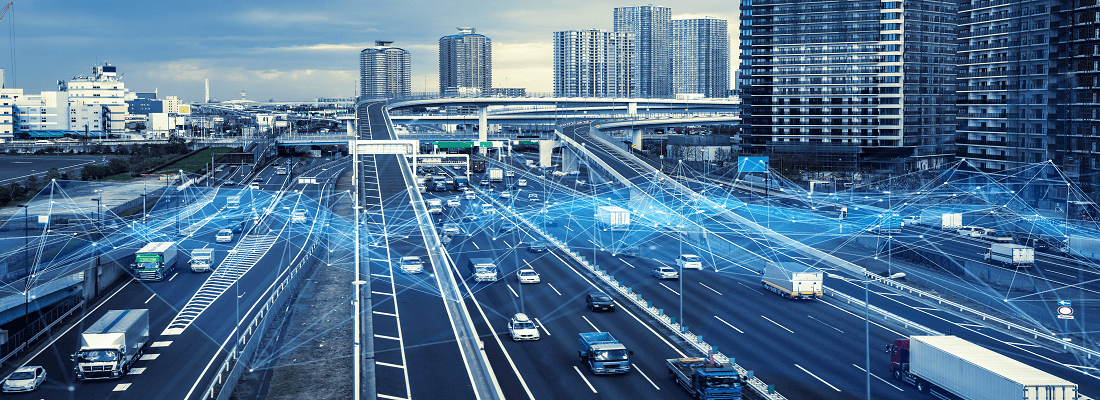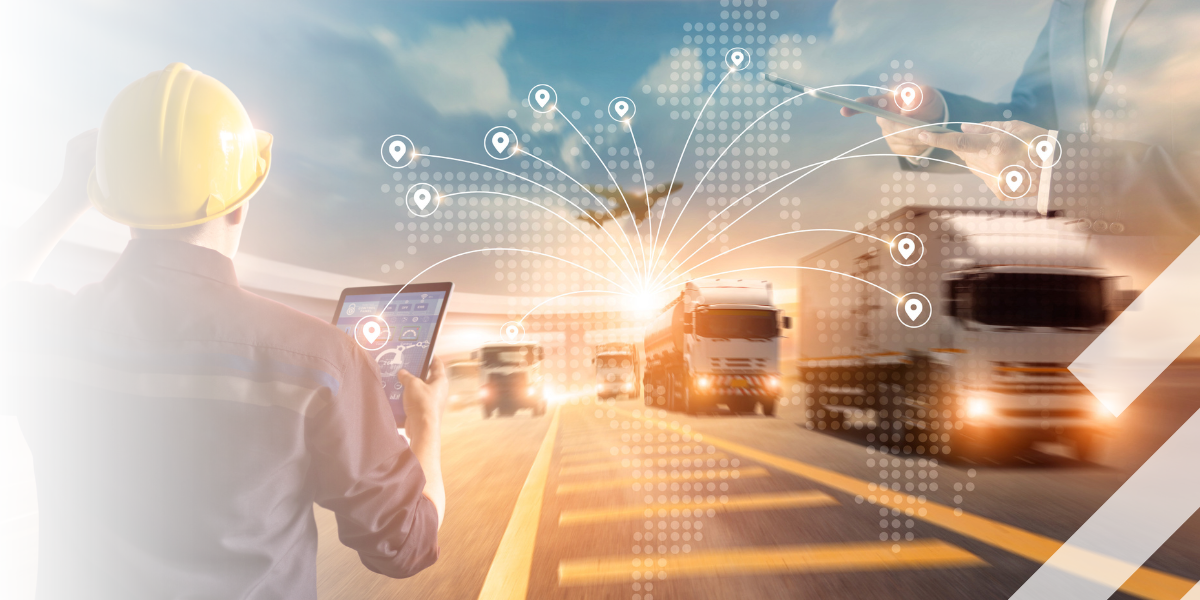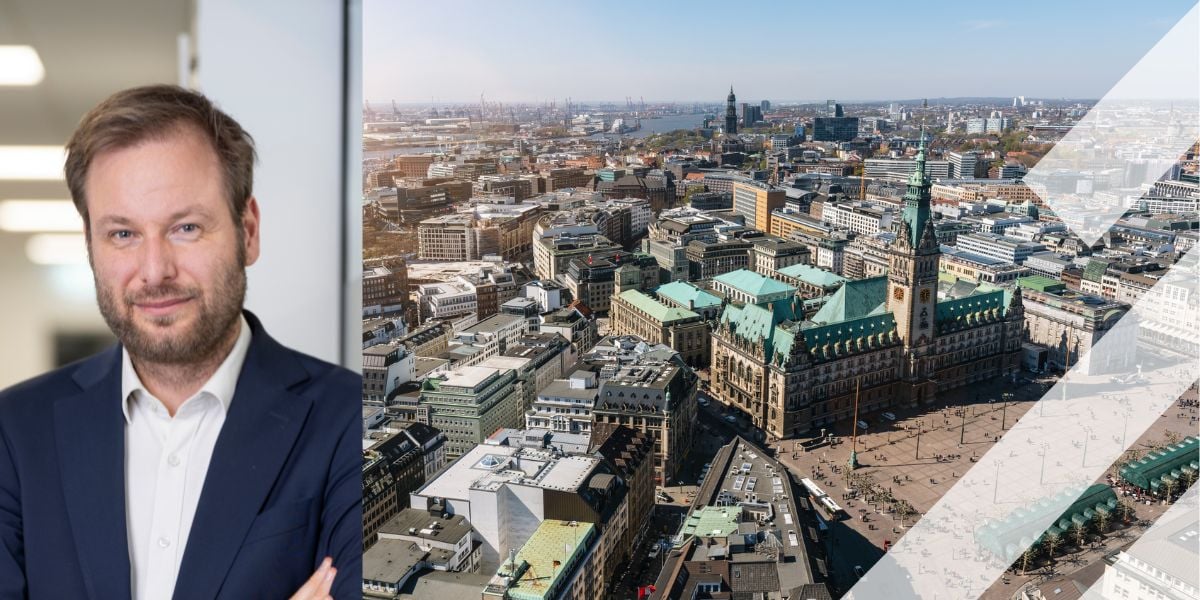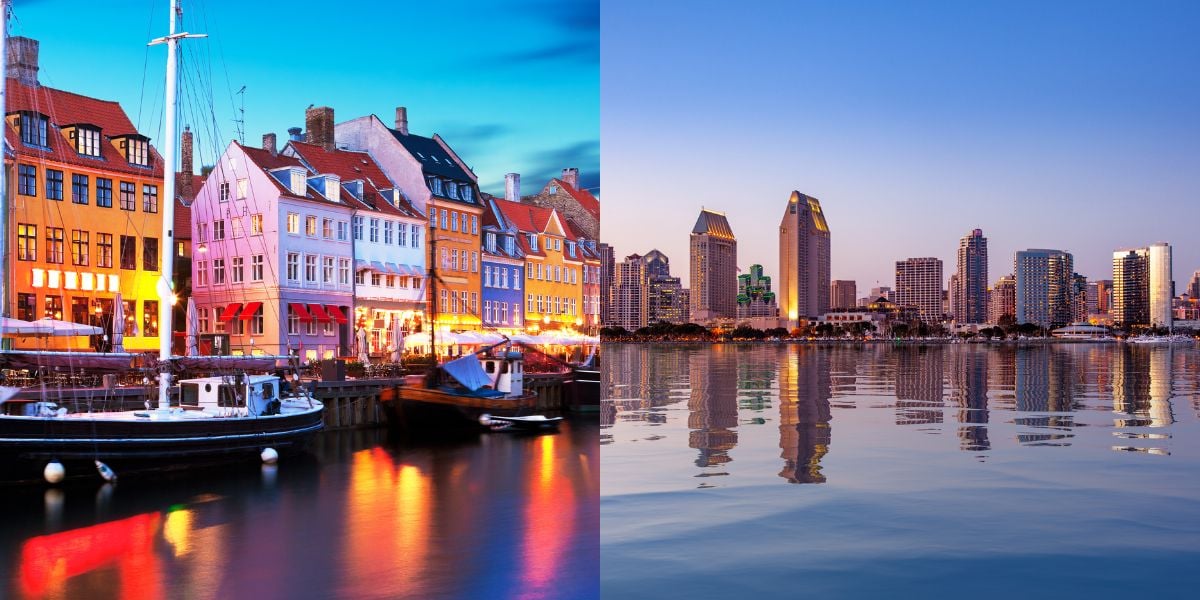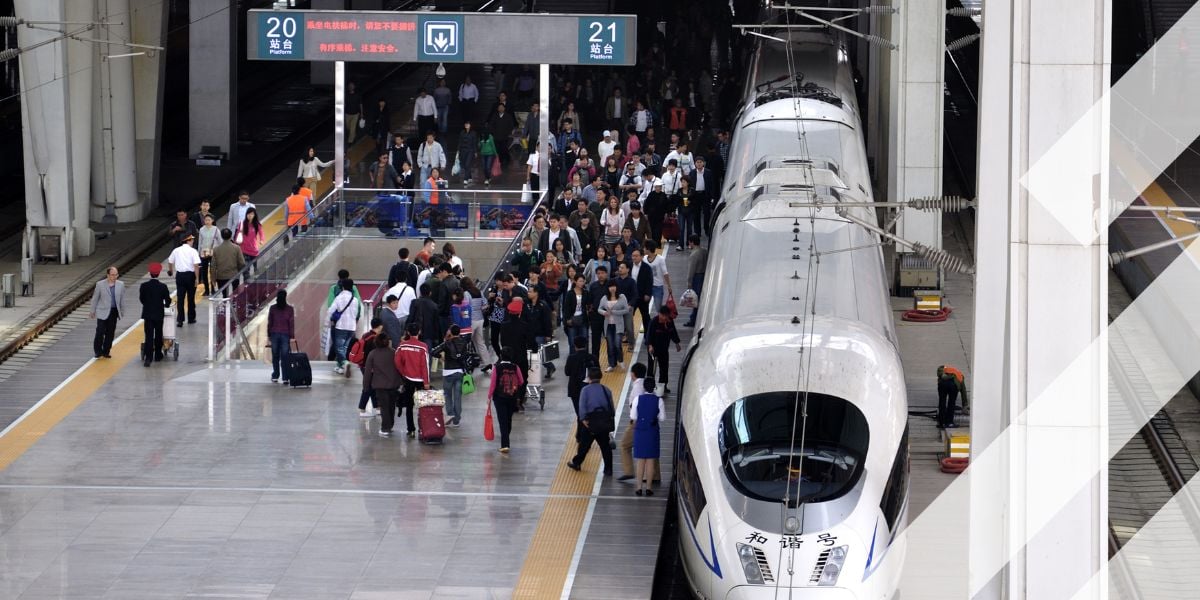Interview APEKSI on smart cities
On behalf of APEKSI (Association of Indonesian Municipalities) Chairman, Sri Indah Wibi Nastiti.
Indonesia is increasingly aware of the importance of developing smart cities throughout its territory. Smart cities are the key to the economic and social growth of a region. Sufficient fresh water; universal access to cleaner energy; the ability to travel efficiently from one point to another; a sense of safety and security: these are the kind of promises modern cities must fulfil if they want to stay competitive and provide a decent quality of life to their citizens. APEKSI, as the frontline for cities has its own thoughts about the development of smart cities.
How many members do you have and who is the first and last city joining APEKSI?
Autonomy arranged in the Law 22/1999 in a clausal 364 (9) and all Indonesian cities as APEKSI's member. Today our member are 98 cities including 5 administrative cities in DKI Jakarta.
What do you think about smart city development in Indonesia?
In 2045, it is estimated that 82.37% of Indonesia's population will live in cities or urban areas. This means, going forward, the city will have greater challenges in its efforts to meet the needs of its citizens. Realizing a smart city area (city with digitalization) is no longer an option for cities and districts throughout Indonesia, but has become a necessity in anticipating and resolving problems quickly and precisely to serve the community. During this time, all members of APEKSI always walk together, help each other, share and exchange in an effort to develop the concept of smart city. With the principle, "collaboration and progress together".
What are th biggest obstacles for Indonesian cities to be developed to Smart Cities?
These obstacles are low public participation, lack of human resources and lack of supporting infrastructure because most of the development in Indonesia prioritizes infrastructure, education and health.
Who has the responsible to regulate and solve the traffic problems in Indonesia and Jakarta especially?
It is the Ministry of Transportation as the regulator at the national level and Transportation Department at the provincial level for Jakarta case. Moreover, the Ministry of Public Works and Public Housing from national level until city level also responsible on traffic infrastructures.
Do you think Indonesia is ready to adapt with all new technologies to develop their cities and build a more convenient transportation management?
We have to look at what kind of technology is offered. We have to think on the infrastructure readiness to support the implementation of the technology. Furthermore, another key point is the user readiness/society that is crucial to the success of the technology implementation.
APEKSI, Asosiasi Pemerintah Kota Seluruh Indonesia or Association of the Indonesia Municipalities (AIM). Established on 25 May 2000, APEKSI has taken a major role in helping the city members. Cities now have the opportunity to initiate the formation of the Association at the national level that is truly democratic autonomy. APEKSI organization of early designed to meet the needs of that actually required the cities (members). In order to assist this purpose, organizational forms and ideas about the role and scope of activities that may be carried APEKSI can also be arranged by the Local.
Share your story
Do you have an innovation, research results or an other interesting topic you would like to share with the professionals in the infrastructure, traffic management, safety, smart mobility and parking industry? The Intertraffic website and social media channels are a great platform to showcase your stories!
Please contact our Sr Brand Marketing Manager Carola Jansen-Young.
Are you an Intertraffic exhibitor?
Make sure you add your latest press releases to your Company Profile in the Exhibitor Portal for free exposure.
Get up to speed on the mobility industry - our newsletter straight to your inbox!
